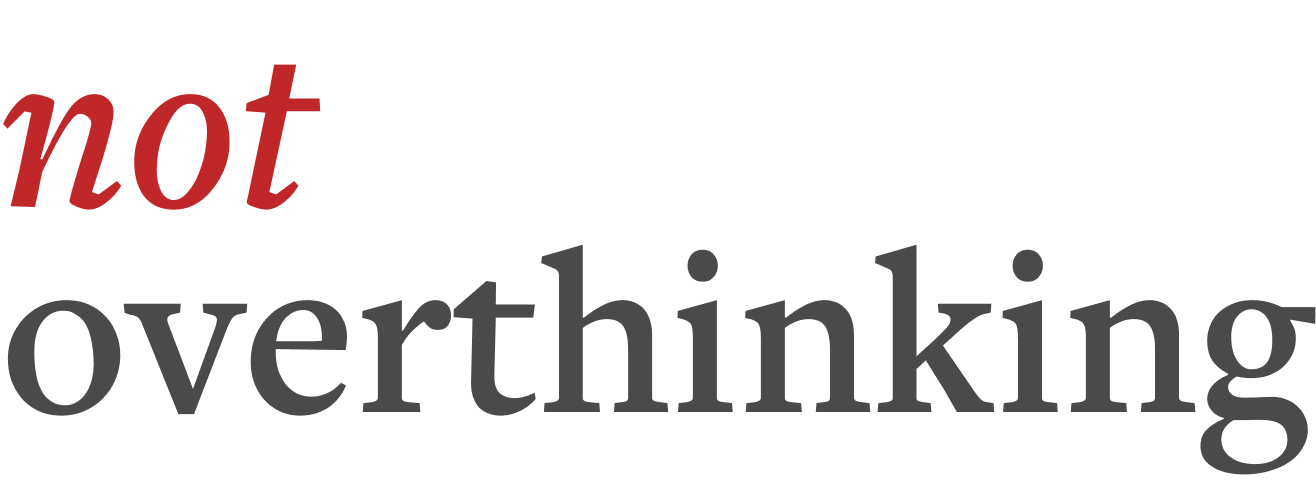How should we take advice?

Some of the highlights from our discussion:
When taking advice you have to be aware that there is no right answer – the right answer depends on what your own personal goals are. Taimur discusses how he is trying to move away from the idea that there are right answers that people can give you and move towards an idea that you have to construct your own world view – gathering data from lots of different sources to determine which bits of data will be useful.
When it comes to creative fields, taking advice becomes even more subjective. If you’re creating content, the advice you listen to should perhaps vary – if it’s relating to your audio quality for a podcast then you should listen to it but if it’s someone saying they don’t like your content, then that’s their personal opinion and shouldn’t affect your own content to the same degree.
There is a need to strike a balance with the advice that we take on board. We shouldn’t be blind to all feedback but, at the same time, we should be conscious of the degree to which some feedback and advice is subjective and personal in nature. We have to construct our own worldviews, gathering feedback and advice from lots of sources, and deciding which ones to incorporate into our mental models and which ones to ignore.
Don’t let perfection be the enemy of the good. With our podcast, the most primary goal is consistency – consistency is more important than quality, especially for something that is just starting out – just being able to do it once a week consistently is very important. If you aim for every piece of content to be loved by 10% of your audience, that is a good place to be. The more you try to make your content appeal to everyone, the less that any specific person is going to gain any enjoyment from it.
It is important to keep your own goals in mind when considering external feedback. Whilst it’s useful to seek a broad range of feedback, you have to think about how it relates to your own model and your own goals and distil the advice to that which is relevant.
Become a Not Overthinker
We've got a fun little members-only community where we have a private Slack channel, and host weekly (ish) Zoom hangouts. Click here if you fancy joining.
Leave us a Review
If you enjoy listening to the podcast, we'd love for you to leave us a review on iTunes / Apple Podcasts. Here's a link that works even if you're not on an iPhone :)
Send us an Audio Message
We really want to include more listener comments and questions in our episodes. If you've got any thoughts on this episode, or if you've got a conundrum or question you'd like us to discuss, send an audio file / voice note to [email protected].
- For any non-audio comments, please comment on our YouTube channel.
- Alternatively, feel free to drop us a tweet or DM on Twitter - https://twitter.com/noverthinking.



